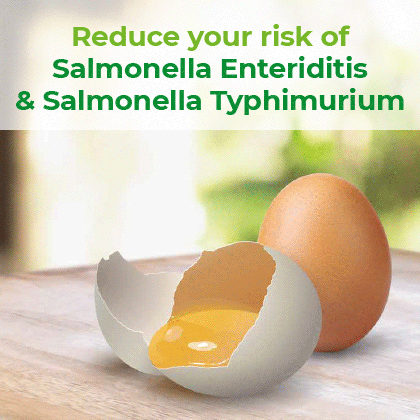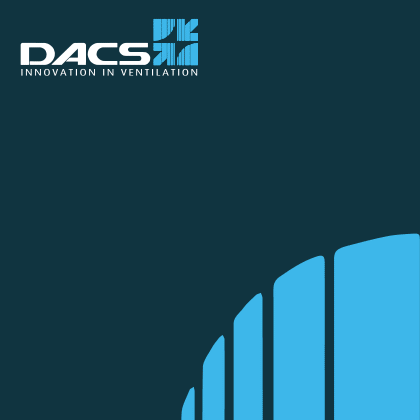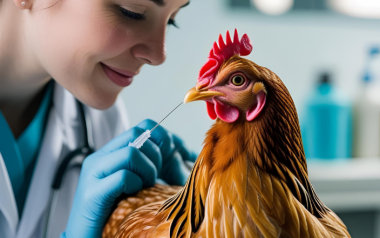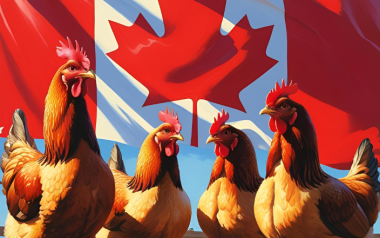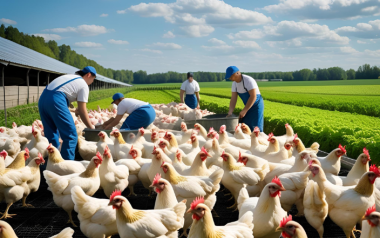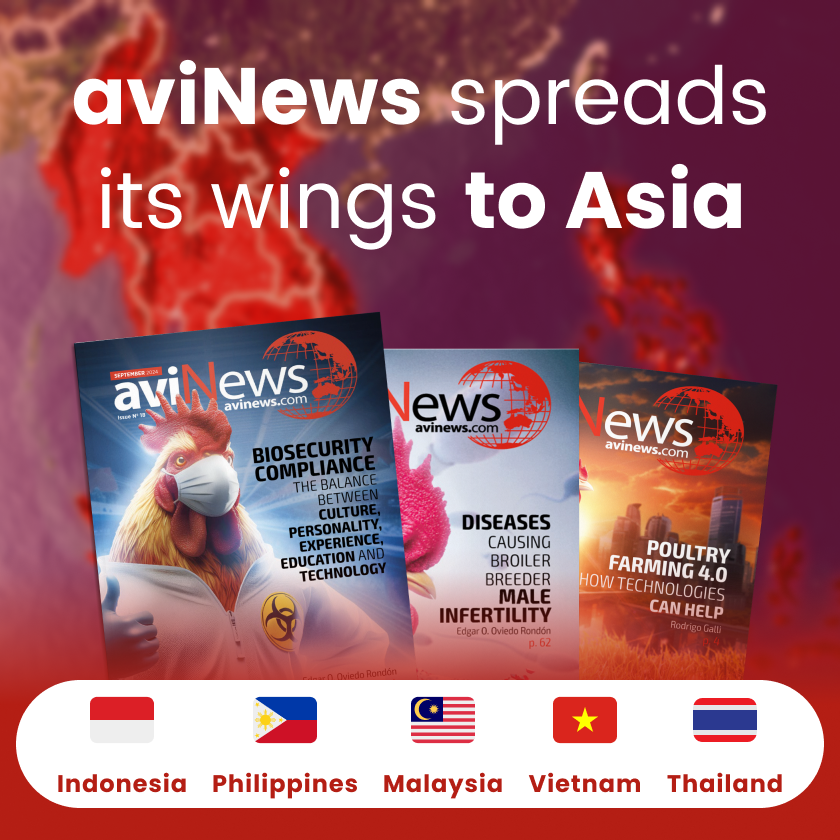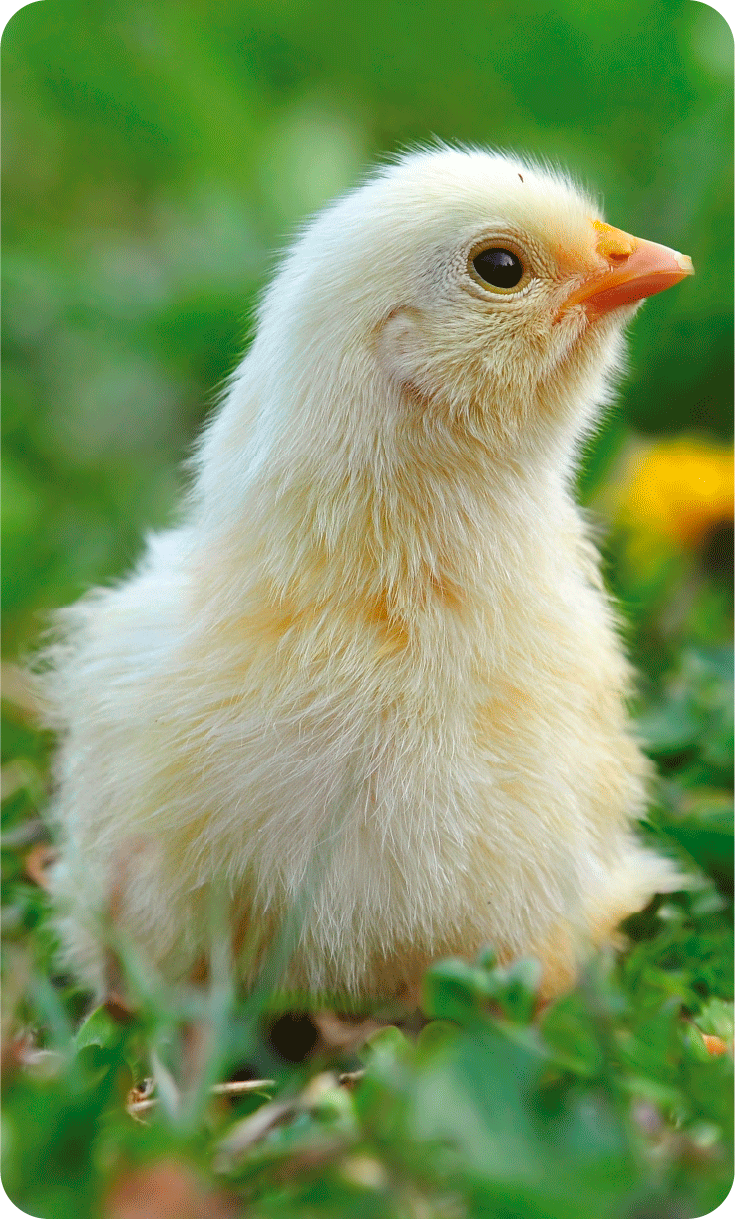14 May 2025
Philippines sets guidelines for poultry trade, avian flu regionalization
Philippines adopts science-based poultry trade guidelines, protecting food security, maintaining disease-free imports, and aligning with global standards.
In response to the growing demand for poultry products and the need to safeguard food security, the Philippine Department of Agriculture (DA) has issued comprehensive guidelines on the bilateral recognition of regionalization for highly pathogenic avian influenza (HPAI).
These guidelines, issued under an administrative circular by Agriculture Secretary Franciso Tiu Laurel Jr, aim to facilitate safe international trade of poultry and poultry products while protecting the local industry from the introduction and spread of avian diseases.
With the annual global occurrence of HPAI threatening poultry supply chains, the guidelines outline a science-based approach aligned with the standards set by the World Organization for Animal Health (WOAH) and the World Trade Organization Sanitary and Phytosanitary Agreement.
“The occurrence of HPAI from exporting countries and the imposition of a whole country temporary ban limits the sources of day -old chicks, parent stocks and poultry meat, which in turn affects the prices,” the circular noted.
Instead of imposing blanket bans on entire countries, the Philippines will now evaluate requests for HPAI regionalization from DA-accredited trading partners. This approach allows imports from zones or regions certified free from HPAI, ensuring a continuous supply of key commodities such as day-old chicks, hatching eggs, and poultry meat.
A three-phase process
The guidelines establish a three-phase process. Accredited countries must submit comprehensive documentation on veterinary oversight, disease surveillance, traceability, control measures, and existing zoning protocols.
The application is reviewed by the Risk Import Assessment Team, which uses a standardized checklist to assess compliance with WOAH’s Terrestrial Animal Health Code.
Upon successful evaluation, an HPAI Regionalization Agreement is drafted and finalized, outlining the specific import terms and conditions, including revised Veterinary Health Certificates. The agreement also mandates continuous disease reporting, biennial review, and provides grounds for termination in cases of non-compliance or undeclared outbreaks.
The guidelines strengthen the Philippines’ commitment to responsible international trade and proactive disease prevention. They empower the DA to regulate poultry imports based on disease risks while ensuring compliance with good regulatory practices under the Anti-Red Tape Authority.
This regulatory shift bolsters biosecurity while reinforcing economic resilience by ensuring diverse, disease-free poultry sources. Countries with approved regionalization agreements will be listed on the Bureau of Animal Industry website for public reference.





